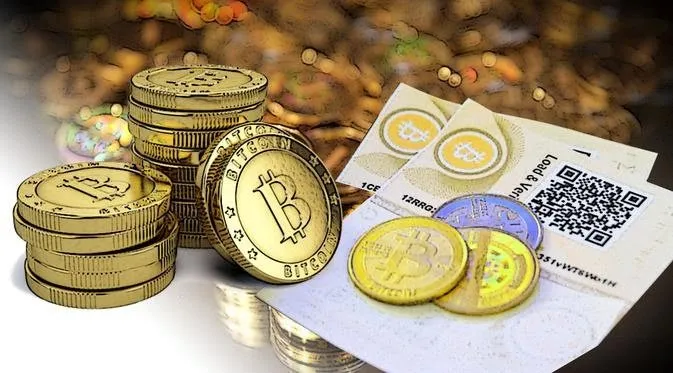
Bank Indonesia Warns Bitcoin Users again.
Bank Indonesia (BI) again warned of the dangers and risks to virtual money users such as bitcoin. Executive Director of BI Communication Department, Agusman, said virtual money including bitcoin is not recognized as a valid payment instrument, so it is prohibited to be used as a means of payment in Indonesia. "This is in accordance with the provisions of Act No. 7 of 2011 on Currency," he said in Jakarta, Saturday, January 13, 2018. In the Act states, currency is money issued by the Unitary State of the Republic of Indonesia and any transactions that have a purpose of payment, or other obligations that must be filled with money, or other financial transactions conducted in the Territory of the Republic of Indonesia shall use rupiah. Thus, affirmed Agusman, the possession of virtual currency is very risky and full of speculation because no authority is responsible, there is no official administrator, there is no underlying asset underlying the price. Another risk is that the value of trade is so volatile that it is vulnerable to bubble risks and prone to use as a means of money laundering and financing of terrorism, thereby affecting the stability of the financial system and harming the public. "Therefore, Bank Indonesia warns all parties not to sell, buy or trade virtual currency," he said. Bank Indonesia also reminds, as payment system authority, Bank Indonesia prohibits all payment system service providers (principals, switching organizers, clearing organizers, final settlement providers, issuers, acquirers, payment gateways, electronic wallet organizers, fund transfer providers) and financial technology providers in Indonesia both banks and non-bank institutions to process payment transactions with virtual money. This is as regulated in PBI 18/40 / PBI / 2016 on the Implementation of Payment Transaction Processing and in PBI 19/12 / PBI / 2017 on the Implementation of Financial Technology. "Bank Indonesia as the monetary authority, the stability of the financial system, and the payment system are always committed to maintaining financial system stability, protecting consumers and preventing money laundering and terrorism financing practices," Agusman concluded.